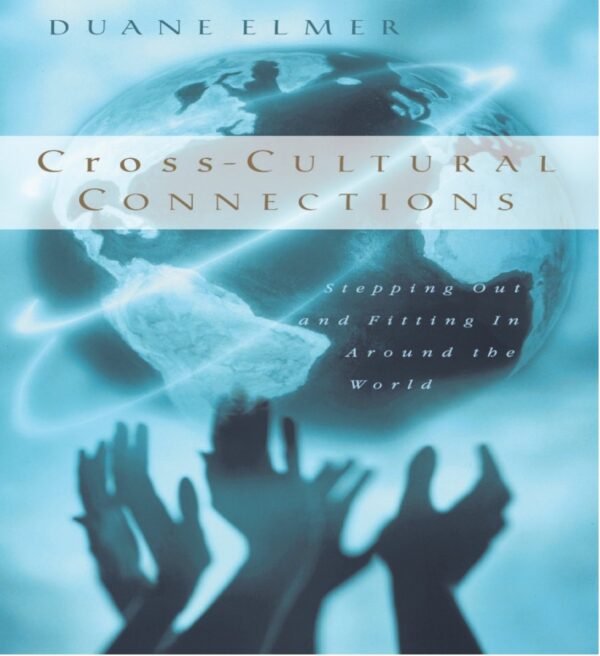There can be many behavioral differences among businesspeople from different countries.
A) Interpersonal Distance and Forms of Address:
In Southern Europe, the Near East, Latin America, and Africa, people show closeness through words and physical gestures like handshakes. In the Far East, people maintain physical distance, greet with a bow and joined hands, and show closeness more through words. They are more patient and limit eye contact in business settings. In Central and Northern Europe, people maintain both physical and conversational distance after shaking hands. Initially, Russians are not very friendly like Central and Northern Europeans, but their behavior becomes more similar to Southern Europeans as relationships progress. North Americans exhibit behavior somewhere between Southern and Central Europeans. (For example, shaking the head from side to side means “no” in many countries, but it means “yes” in Bulgaria and many parts of India.)
B) Negotiation and Business Practices:
(1) Flexibility, communication style, ways of agreement and refusal: As you move from Northern Europe to the southern and eastern parts of the world, people avoid saying “no” more carefully. Latin America has similar practices to Southern Europe in this regard.
(2) In many countries, it is customary to bring a gift when visiting from abroad: In Central Europe, it is expected to open the gift immediately, while in other countries, the gift is opened after the guest leaves to show that the act of giving is more important than the value of the gift. To neutralize these differences, it is best to present a lasting souvenir from your country. A gift placed on the recipient’s desk helps ensure you are remembered.
(3) Punctuality, responding to emails and processes, business cards: In the Far East, business cards are exchanged with both hands, and the recipient is expected to examine the card.
(4) Choosing meeting places: Guests invited to homes in Central and Northern Europe are expected to arrive slightly late.
(5) Answering phone calls during business meetings: Outside Central and Northern Europe and North America, it is not considered rude for people to take phone calls during business meetings.
(6) Ways of doing business: North Americans, North and West Europeans, Japanese, South Koreans, and Taiwanese tend to conduct business in writing, keep their promises, take risks, and make long-term plans. In many countries where working conditions change, such as China, India, and Arab countries, managers may request to renegotiate contracts if working conditions change after signing.
(7) Approach to foreigners: Trust or suspicion towards foreigners and the habit of conducting business within personal networks are limited outside Northern and Central Europe and North America. (In other societies, network-based working styles are more prevalent.)
C) Group and Hierarchy Pressure and Competitiveness on Individuals:
The most individualistic, competitive, risk-taking, and group-pressure-resistant societies are North Americans and Northwestern Europeans. These traits are found less frequently in Southern Europeans, Latin Americans, people from the Near East, Far East, and Africa, respectively. (Freedom of behavior: Individual free behaviors are more common in Northern European societies.)
The least hierarchical and most individualistic societies are Northern Europeans, Western Europeans, and North Americans. These traits are less common in Southern Europeans, Latin Americans, Far Easterners, and Africans.
D) Specific Cultural Behaviors:
(1) Eating habits and cleanliness behaviors: For example, Far Easterners eat with chopsticks without placing them in a bowl, while people in the Near East, Indians, and Africans (except for Africans, with the right hand) eat with their hands.
(2) Importance of clothing and brands: North and West Europeans and North Americans place less importance on clothing and brands.
Today, people from different countries attend courses that teach the behavioral habits of other countries. As a result, an Italian acting “like a Swede” in a business meeting with a Swede, and vice versa, can be the subject of a comedy film. Businesspeople from various countries show similar behaviors as a result of such courses and watching similar films. (On Chinese business cards, the surname is written last in English and addressed by the surname, while in Chinese, the surname is written first.)

The most competitive people are found in Western Europe, North America, Northern Europe, Southern Europe, Latin America, the Near East, the Far East, and Africa, respectively.


